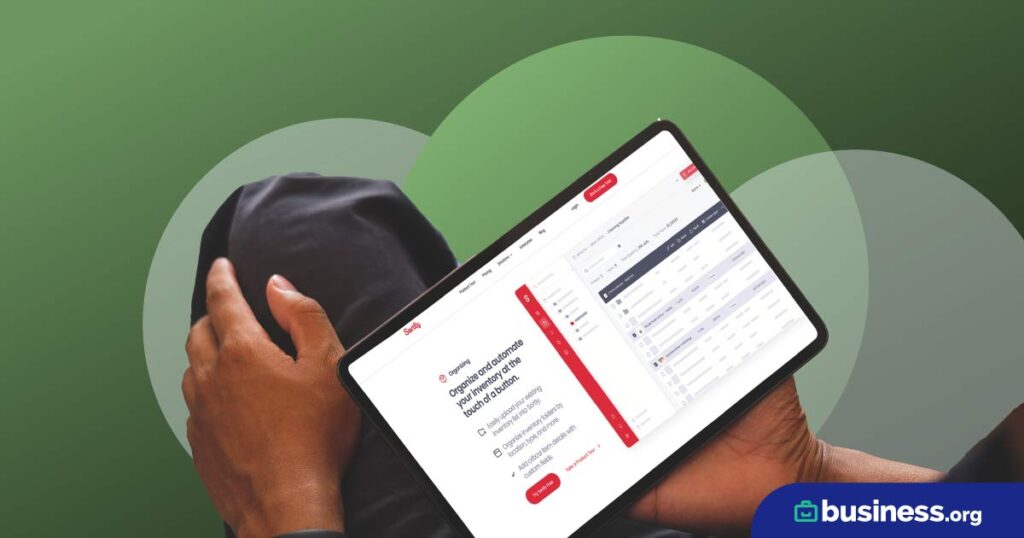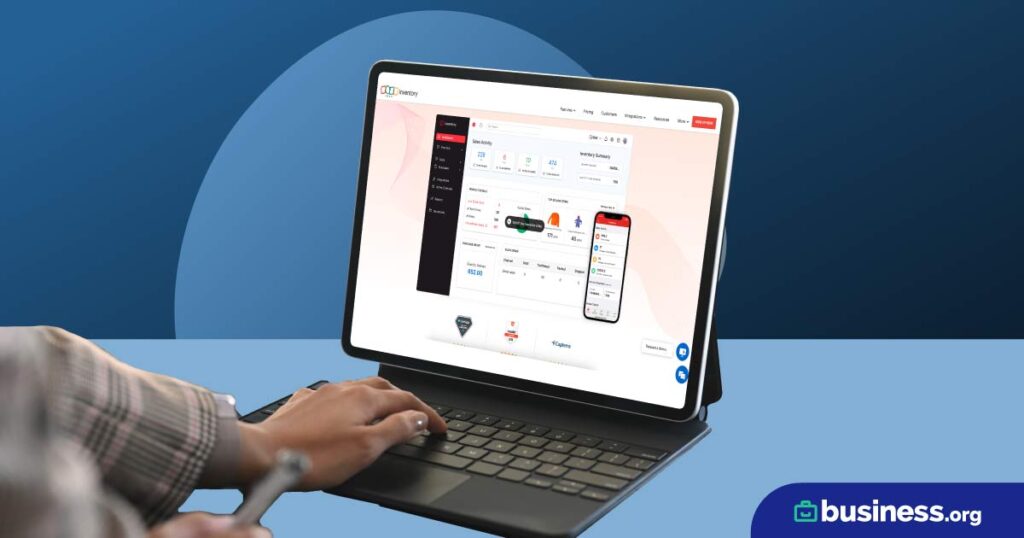We are committed to sharing unbiased reviews. Some of the links on our site are from our partners who compensate us. Read our editorial guidelines and advertising disclosure.
What Are Retail Stores?
Retail stores are businesses that sell directly to the consumer. This makes retail stores remarkably different from wholesalers, with an entirely unique set of challenges and solutions. So understanding whether you’re running a retail or wholesale business is vital to choosing the best strategies for success.
Here’s everything you need to know about retail.
By signing up I agree to the Terms of Use and Privacy Policy.
What does retail mean?
Retail is the sale of products directly to the consumer—the person who is actually going to use the item.
Retailers face fundamentally different challenges compared to wholesalers (businesses that sell to other businesses, which then sell to the consumer). Unlike wholesalers, retailers have to worry about marketing their products. If an item isn’t appealing to the end user or if the customer doesn’t know about the product, the retailer won’t be able to sell the item and make a profit.
Retailers also have to worry about the final price of their individual products. If their item is available elsewhere at a cheaper price, the retailer may be unable to sell their goods. Retailers must stay competitive with deals and keep pace with rapid market fluctuations. If a retailer’s product suddenly becomes irrelevant or undesirable, they’re stuck selling off those items at a steeply discounted rate—regardless of the price the retailer paid for that item.
Types of retail
Retailers can sell just about anything to their consumers, but retail goods usually fall into one of the following categories:
- Hard goods: Cars, electronics, cookware, furniture
- Soft goods: Clothing, shoes, textiles
- Art goods: Art supplies, instruments, books, completed works of art
- Food: Groceries, cooked dishes, beverages
Each of these types of retail goods come with their own challenges and advantages. For instance, soft goods are usually less expensive to make, which means a potentially higher profit margin for the retailer. However, soft goods usually have a limited lifespan (they wear out), don’t last as long on the shelf, and are more susceptible to changing trends.
Different retailer types
Any business that sells directly to the consumer can be considered a retailer. But that’s a pretty broad category of businesses. Here are some examples of businesses that can be considered retailers:
- Department stores
- Grocery stores
- Restaurants
- Car dealerships
- Farmers market booths
- Secondhand stores
- Street vendors
- Convenience stores
- Online stores
- Etsy shops
- eBay businesses
Again, each type of retailer faces its own unique set of challenges. For example, convenience stores might adopt a money-making strategy of getting their customers to buy more than just the item they came in for. Meanwhile, a car dealership owner knows they probably won’t be able to get customers to buy two cars instead of just one, so they might upsell the customer on add-ons and luxury features instead.
What retailers don’t do
The definition of a retailer, when you think about it, is fairly loose. As long as you sell something to the consumer, you’re considered a retailer. And while there is definitely a difference between retail and other types of business, the lines can get pretty blurred.
Take wholesalers, for example. A wholesaler is decidedly not a retailer because wholesalers sell their goods in bulk to other retailers—usually at a discounted price (at least compared to the final retail price). Retailers, on the other hand, sell individual items directly to the consumer—usually at the standard retail price.
But businesses aren’t limited to just one or the other. So you could, theoretically, sell items wholesale at a discount to other retailers while also selling individual items to the consumer at regular retail price. Wholesalers and retailers also aren’t limited to selling in bulk or in individual quantities. Costco, for example, sells items in bulk at a discounted rate—but it sells directly to the consumer.
Some business experts also say that retailers don’t include service-based businesses (like massage parlors or pest control services). After all, they’re not selling physical goods, right? But they are selling directly to the consumer, so other business experts still consider service-based companies retailers. And then there’s the added complication of service-based companies that sell physical products on the side (like a salon that also sells hair products).
Long story short: as long as your company sells directly to the consumer, you’re a retailer.
The takeaway
Retail stores are different from wholesale businesses in that retailers sell products directly to the end user of that product. As such, retail stores deal with advantages and drawbacks that are completely different from those of wholesalers. Knowing the difference can help you choose the right marketing, pricing, and buying strategies for your business.
Learn more: Best Business Loans and Financing Options for Retail Businesses 2022.
Retailers have unique needs when it comes to their business services. If you’re running a retail store, get started by learning more about making your point of sale work for your consumer-facing company.
Disclaimer
At Business.org, our research is meant to offer general product and service recommendations. We don't guarantee that our suggestions will work best for each individual or business, so consider your unique needs when choosing products and services.




